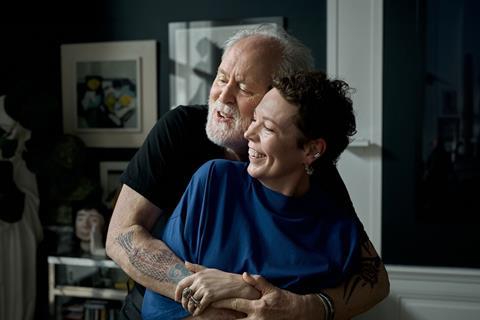
“Probably the best co-producers in the world?” is the provocative title of one of the International Film Festival Rotterdam panels during “Pulling Focus,” IFFR Pro’s day dedicated to the global influence of Dutch cinema held on February 4.
The Dutch don’t normally boast; their lack of egotism is what can make them such excellent collaborators. Nonetheless, leading producers in the Netherlands agree they are indeed now adept at co-production - and that is partly because it has become a market necessity.
“Over the last 10 or 15 years, the Dutch have really oriented themselves toward the international market. In the past, most [Dutch] films were financed by the Film Fund and Dutch television but at a certain point, we couldn’t finance the films with only local support,” says Sandra den Hamer, CEO Netherlands Film Fund.
“In 2017 the Dutch Media Fund [which financed TV, films and documentaries] was abolished and that made the pressure on the Film Fund bigger as well as the necessity for international co-production.”
“We are very straightforward in our way of working, sometimes to the extent of being blunt. What you see is what you get with the Dutch,” says Roel Oude Nijhuis, who took over as film commissioner for the Netherlands in the spring of last year.
Since then, the Netherlands has struck a memorandum of understanding with the UK and signed a co-production treaty with Indonesia.
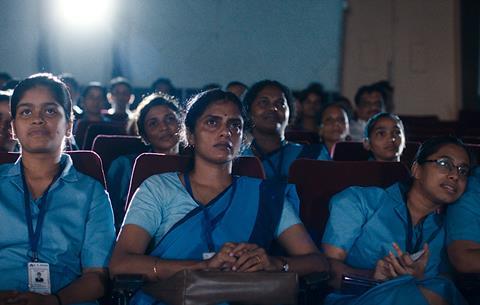
Whether as minority or majority co-producers, Dutch producers have been involved with many recent festival successes.
Frank Hoeve of BALDR was the Dutch co-producer on Indian director Payal Kapadia’s All We Imagine As Light and Johan Grimponprez’s Soundtrack To A Coup D’Etat.
Marleen Slot of Viking Film was co-producer on Sophie Hyde’s recent Sundance premiere Jimpa. Topkapi co-produced Thomas Vinterberg’s Another Round.
Meanwhile, Lemming Film has worked with international directors from Yorgos Lanthimos to Fatih Akin and Lucrecia Martel. Volya Films co-produced Wang Bing’s Youth: Trilogy.
Bigger projects
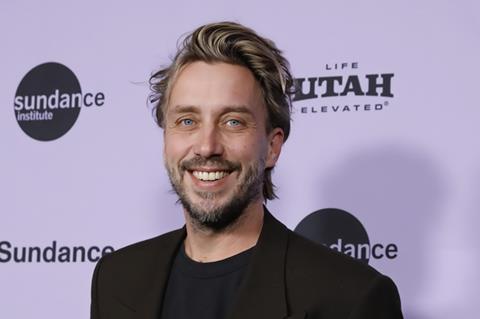
“These days, international co-productions are inevitable because independent companies need to work abroad to finance their independent films,” says BALDR’s Hoeve.
“We wanted to be involved in projects of bigger and very interesting auteur directors and we wanted our crew and cast to be involved in these projects,” Lemming Film founder and CEO Leontine Petit explains. “You get yourself on the map for sales agents and festivals.”
“What is in it for us is that we get to know producers and filmmakers that share the same taste. We do it [co-production] to extend our profile and to be part of the films we would love to see ourselves,” Lemming’s head of film Erik Glijnis agrees.
Many Dutch producers have been involved in international initiatives like the ACE Producers Network and training, project development and networking organisation, EAVE. They will often look for Eurimages backing. It helps, of course, that they have resources of their own: the Netherlands’ 35% cash rebate system, launched a decade ago, is now a bulwark of the local industry.
Thanks to support from IFFR’s Hubert Bals Fund, Dutch producers work frequently with filmmakers from countries where local funding is hard to come by. For example, Hoeve first met Payal Kapadia at Rotterdam’s CineMart and was subsequently invited to the premiere of her first feature doc, A Night Of Knowing Nothing, in Cannes in 2021.
Among the other co-productions BALDR has on the boil are John Trengrove’s The Smell Of Apples, a South African apartheid era drama, and Swedish feature Weird Elliot directed by Johannes Nyholm.
People first
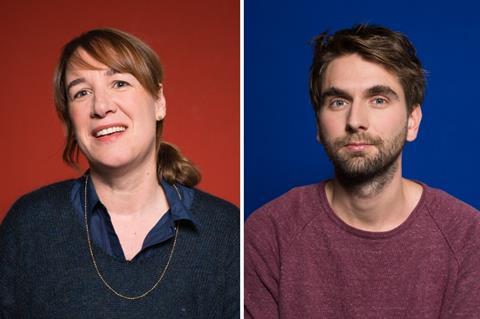
Lemming, meanwhile, worked last year on a Chinese project, Wang Xiaoshuai’s Above The Dust, on which the main producers were DongChun Films. “We really had to explain how we work, what our funding system is and what is important for us,” Glijnis says. “There is a big cultural difference, but you find a way. The path forward is working with partners you really trust.”
This is a point that Petit also emphasises. “We are very, very precise in selecting the right people [to coproduce with]. We need to know if these connections are reliable. We often become friends and good acquaintances with these people.”
It is not so much about money as trust. No-one wants to be caught in a situation where partners fall out or end up in litigation against each other. “We always start with the people. The order is the people, the project, and from there comes the legal framework as to how we are going to do it,” the Lemming bosses explain.
On David Verbeek’s upcoming The Wolf, The Fox & The Leopard, Lemming shot in Luxembourg, Croatia and Taiwan and combined funds from Ireland (with partner Feline Films), Finland (Aurora Studios), Croatia (Nukleus Film), Taiwan (Flash Forward Entertainment), Belgium (Lemming Film Belgium) and Luxembourg (Deal Productions).
“It was an impossible combination,” Glijnis notes. “Basically, there was no legal framework to bind it all together, so we had to navigate and listen…we found a way to push through. If we believe in something, we will find a way to get it across and satisfy the legal obligations of each country.”






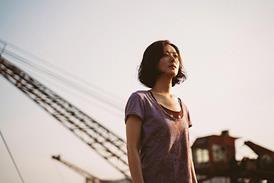
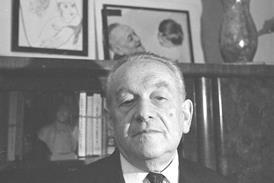

















No comments yet